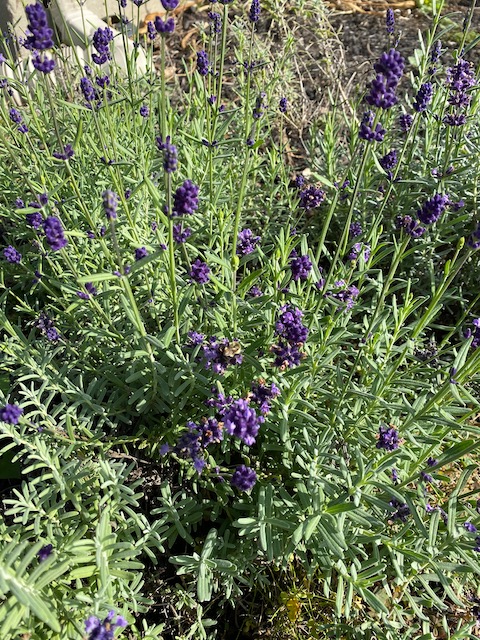Many years ago when I was an undergrad, I learned that the week of final exams was a time of great anxiety. The dorm’s common rooms filled with study groups, and solitary students hunched over their desks late into the night. Across long tables in dining halls we commiserated about upcoming tests and unwritten papers. (We scarcely noticed the cafeteria dishes clattering in the background as other people prepared our food and cleaned up afterwards.) It was the crucible of the semester’s end. Fashionable girls abandoned blow-dry styles for ponytails, and went about bare-faced, attired in sweatshirts. The library tables were full, and everyone looked stressed.

My senior year I lived off campus, in a neighborhood where no one else was in college. The strangest thing happened. During finals week I had some exams. I studied. I wrote papers. I worked hard and I finished. The drama I believed was part of finals was entirely missing. No pervasive anxiety anywhere, except when I showed up to take a test. For the first time I understood that the concentration of worried students on campus created its own separate atmosphere, a storm cloud looming over the dorms and classrooms.
The time we’re in feels something like being caught under that storm cloud. Certainly, there’s more at stake than a student GPA, and the expanse of unease is far beyond the reach of a college campus. But the principle is the same. On a national scale, we’re creating this atmosphere as we amplify each other’s anxiety.
The news is intense right now. I listen to NPR on the radio while I’m cooking, read online newspapers over coffee, watch news on tv in the evening, and try to keep up with The Atlantic magazine here and there. The routine of all this news-gathering has a soothing regularity, despite the distressing content. The state of our nation is a topic of urgent conversation over Zoom or in person. But all of this takes a toll.
Our collective emotional pitch is creating the reality we’re living, and it’s not good for us. It keeps us on edge, affects our relationships and our health, and creates a climate where disinformation can easily take hold.
I’ve had to learn to recognize when I’ve hit my limit for news, and more importantly, how to step away from that anxious mindset. Though at this point I can’t walk a few blocks to reach a different climate, I’m finding that walking a few blocks helps anyway.
Different things help different people. In this final week before the election, it’s a good time to be intentional about cultivating some peace of mind. How can you allow yourself at least a few minutes a day to rest from the rising anxiety? Is there a place where you can be in nature? Is there a project you enjoy working on? Is there a friend with whom you enjoy spending time? Is there something new you’d like to learn? Can you revive your mindfulness practice?
In that last, quiet undergraduate year, I missed the excitement of finals week on campus, just a little. What I actually missed was being caught up in the shared experience with my classmates. For all the distress, we were going through something important that bound us together.
I know now that I could have helped myself and others if I had been less overtaken by the hive mind. I could have made more of a contribution if I had more perspective on the hive’s anxiety. I could have offered the genuine assurance that we simply had to do the work in front of us, and the reminder that a few deep breaths would make it easier.
That’s true now, as well. We can’t control events, but we have a great deal of choice in how we respond to them. We can choose where to put our energy and attention. We can recall how we’ve been carried through other difficult times in our lives, and allow that to give us a better perspective. If each of us can keep our balance individually, it will help bring peace when we need it most.

Comment